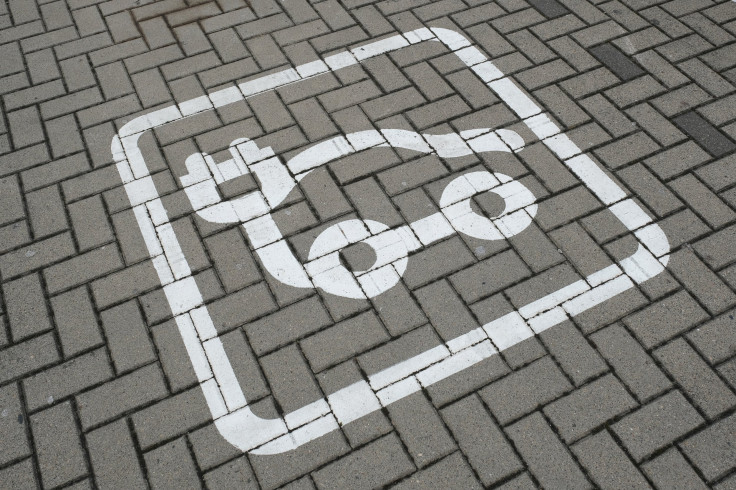Volkswagen Is Staking Its Future In Electric Cars, Cutting Down On Carbon Emissions

In a move to gain a stronger foothold in the electric car market, the Volkswagen Group (VLKAF) on Tuesday announced plans for electric and battery technology investments and an initiative to increase its number of new electric models over the course of the next decade.
The German automaker stated that they plan to build 22 million electric-powered cars by 2028 — a sharp increase from their previous estimate of 15 million electric cars. Volkswagen also plans on increasing the number of electric models from 50 to 70 over the course of the next decade.
"Volkswagen is taking on responsibility with regard to the key trends of the future – particularly in connection with climate protection," said Volkswagen CEO Herbert Deiss.
The Volkswagen Group, which includes brands like Audi and Porsche, sold 10.8 million cars in 2018, a record for the company, earning a total of $15.7 billion with a 0.7 percent increase from the previous year. Out of that number, only 40,000 of those vehicles were electric and 60,000 were plug-in hybrids.
Volkswagen's research and development costs rose by 3.8 percent.
The company stated that two all-electric cars, the Audi e-tron and Porsche Taycan, will go into production later this year, with 20,000 already reserved.
In addition to gearing towards electric production, the company has also stated that they will look to slash their carbon footprint by 30 percent by 2025, a move which Deiss stated was in accordance with the United Nation's 2016 Paris Agreement, a consensus made to curb greenhouse gas emissions.
"The targets of the Paris Agreement are our yardstick," Deiss added.
The company also intends to have electric vehicles make up 40 percent of its overall sales by 2030.
Volkswagen's stronger shift to electric comes less than a year after a sealed indictment against former CEO Martin Winterkorn became public, which alleged that the car company's previous executive had authorized years-long emissions cover-up.
News of the scandal broke in 2015 when the Environmental Protection Agency issued a violation against Volkswagen under the Clean Air Act. The EPA found that almost 600,000 cars sold in the U.S. were equipped with devices that were designed to bypass emissions tests.
© Copyright IBTimes 2024. All rights reserved.











